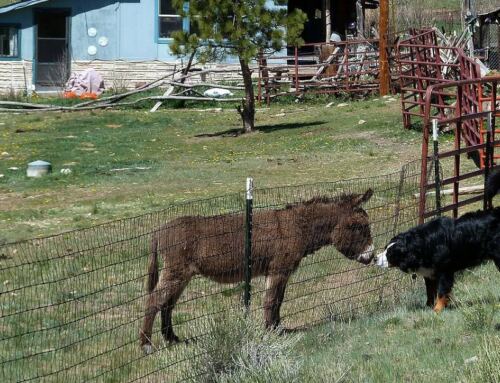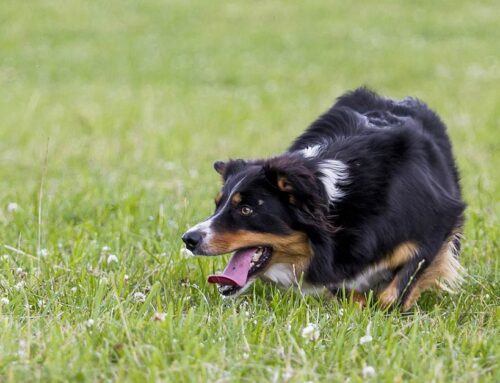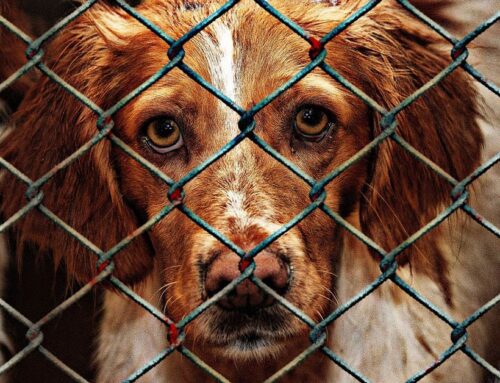Stop in for a visit to any one of the thousands of forums or groups devoted to dog training and behavior and you’re likely to bump into a discussion about whether or not it’s acceptable to punish dogs during training. There will be both reasonable and unreasonable comments from either side of the table.
Punishment is a very effective consequence to apply in order to end behavior. The challenge is getting it right. Reinforcement in the form of food is a very effective consequence to apply in order to see more of a behavior, and again the challenge is getting it right. In either case I want to consider what the consequences of me getting it wrong will be. Am I willing to accept, and subsequently have to deal with those consequences? In the case of punishment, often I am not. The reason? The consequences of the misapplication of a reinforcer, though problematic, especially if it’s routine, are likely going to be easy for me to change compared to the consequences of the misapplication of punishment, especially if it’s routine.
There are many reasons why a dog may continue to perform an inappropriate behavior or fail to perform a behavior we ask them to. Punishing a dog for failure to respond to a cue is risky business. What are we punishing? In this case we are often punishing what we interpret as a dog who is being willfully disobedient or blowing us off. There are other reasons why we may not get what we ask for, leading reasons being that the dog has not really learned the behavior, or has not generalized the cue to different locations or variations in the handler’s delivery of the cue.
Check out this video* and keep it in mind the next time you are inclined to yell at, yank on a leash, shock or hit a dog who doesn’t respond to a cue. They may not have even been aware that a cue to perform a behavior was presented to them.
[youtube http://www.youtube.com/watch?v=vJG698U2Mvo]
*I was among the 70% of the people watching this video who did not.





